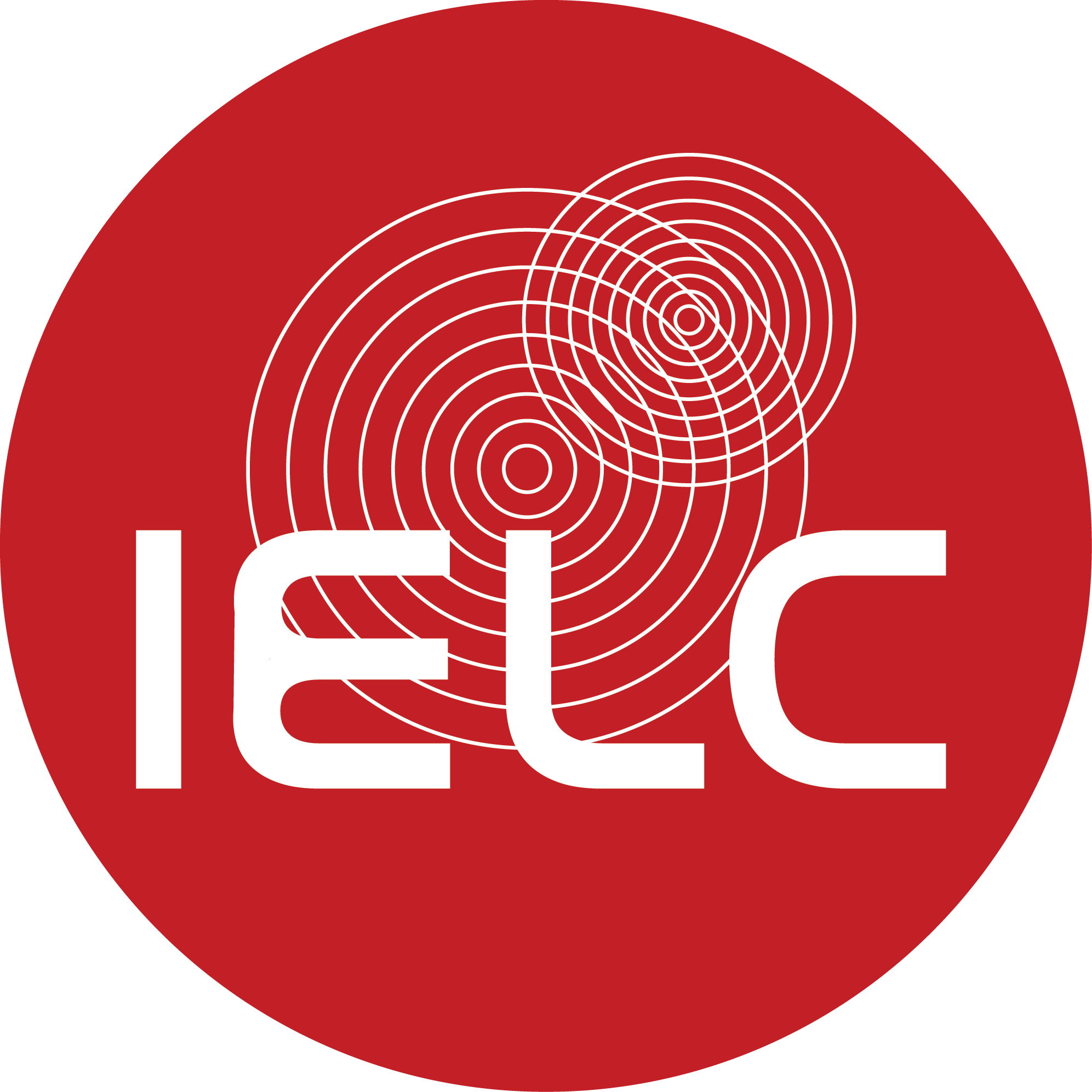Centre News
|
||||||||||||
|---|---|---|---|---|---|---|---|---|---|---|---|---|
 |
||||||||||||
APCLC-EPL Research Seminar: Examining e-learning capability in Chinese higher education & Examining the influences of exchange programmes on youths’ national identity Dr Elson Szeto and Dr Annie Cheng, fellows of APCLC, will respectively share their research of (i) e-learning capability in Chinese higher education and (ii) influences of exchange programmes on youths’ national identity at research seminar on August 7, 2017. Details of the seminar below:
About Session I of the Seminar: e-learning capability in Chinese higher education By Dr Elson Szeto Over the past 15 years, digital technology has ubiquitously penetrated societies around the world, while e-learning is a key driver of widening participation and knowledge transfer in Chinese higher education. As a vibrant, Chinese society in Asia, Hong Kong’s new generation university students, perhaps the digital natives, have been learning with e-learning since their basic education. By examining the ICT settings and pedagogic change in comparison with Hong Kong, Taiwan and mainland China, the issues of e-learning capability were emerged through the lens of a contextual framework. The research questions are: How is the use of technologies in everyday lives in Hong Kong in contrast to mainland China and Taiwan? What is the context of e-learning practices in the Chines HE? What is the pedagogical change in the Chinese HE? The findings show different technological pedagogical phenomena in e-learning development. These will inform university senior management, enabling them to effectively enhance institutional e-learning capacity for effective learning and teaching. Policymakers will be aware of potential development of e-learning capacity for new opportunities in the 21st century. About Session II of the Seminar: The influences of exchange programmes on youths’ national identity By Dr Annie Cheng Past research has shown that student participation in exchange programmes and study tours provides the possibility of new formulations of national identity. Considering the significantly increasing number of Hong Kong youths who have participated in these exchange programmes and study tours, however, the influences of these activities on national identity is understudied. Using case study approach, this study aims to examine students’ perceptions of their national identity; and evaluate whether these exchange programmes or study tours have influences on students’ perception of national identity. Results show that the influences on national identity varied which were dependent on the objectives and destinations of the programmes. |
||||||||||||

